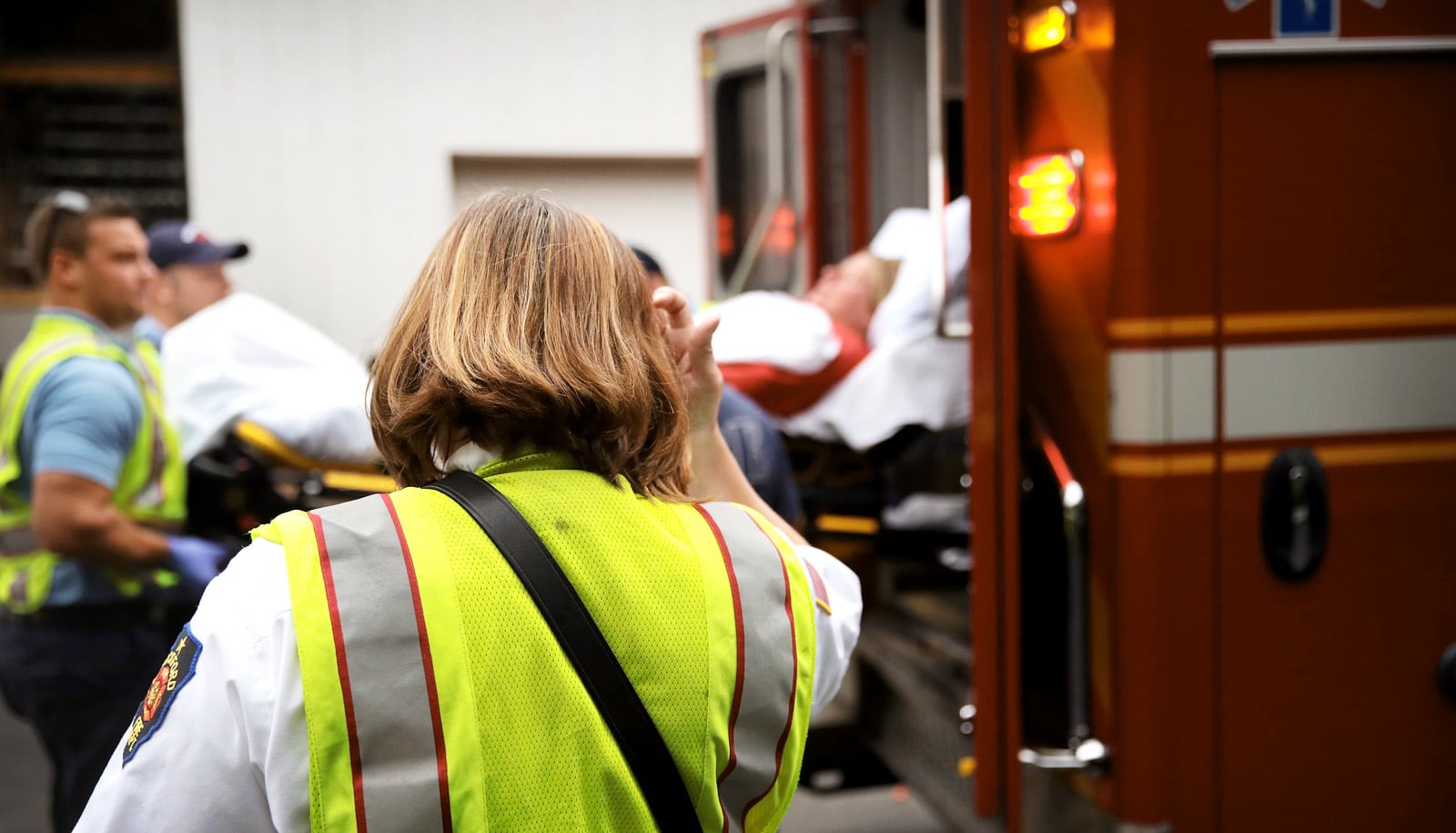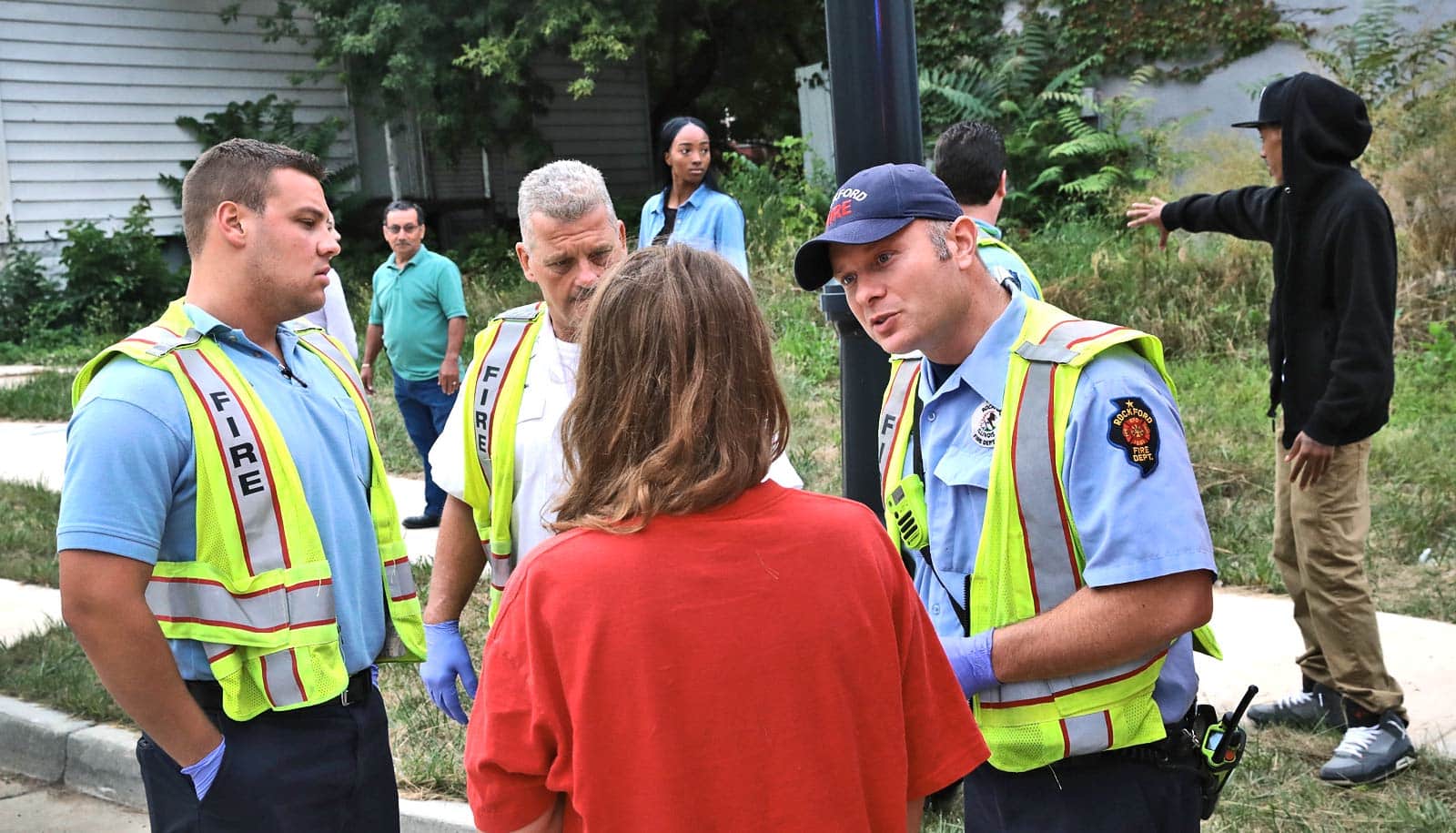A new study finds a strong link between depression and opioid-related deaths.
Nearly one in 12 adults in the US is depressed and opioid-related deaths are skyrocketing.
“For every additional 1 percent of the population that has a depression diagnosis, we see between a 25 and 35 percent increase in the number of opioid overdose deaths,” says Laura Schwab Reese, an assistant professor of health and kinesiology at Purdue University and lead author of the paper, which appears in Social Psychiatry and Psychiatric Epidemiology.
“We thought maybe suicide was driving this, but we sectioned out unintentional overdose and found that the relationship continued,” Reese says.
More than 72,000 Americans died of drug overdoses in 2017, mostly from opioids. The Trump administration declared the crisis a public health emergency in October 2017, but the end is still nowhere in sight. This, coupled with rising rates of depression and a lack of access to mental health care for many, is proving to be deadly.
An analysis of data from the Centers for Disease Control and Prevention from 2011 to 2015 showed rates of opioid-related deaths were generally stable from 2011 to 2013, but increased substantially in the two following years.
“…people who are depressed are more likely to be prescribed opioids, but also that people who are prescribed opioids are more likely to become depressed.”
Researchers used a telephone survey of more than 400,000 people across the country to collect data on depression. About 19 percent of respondents reported a depression diagnoses in 2015—up from 17.5 percent in 2011.
“We know from prior literature that people who are depressed are more likely to be prescribed opioids, but also that people who are prescribed opioids are more likely to become depressed,” Schwab Reese says. “We need to recognize that this is probably a bidirectional relationship.”
The solution is twofold, Schwab Reese says. Doctors should screen for depression and discuss the risk with patients before prescribing opioids. Because nearly two-thirds of opioid overdoses involve prescription medications, doctors could play a significant role in preventing opioid misuse and depression.
Second, Americans need better access to mental health care.
More than 40 million Americans have a mental health condition, and more than half of them don’t receive treatment. In West Virginia, the state with the highest number of opioid-related deaths in 2015, nearly a million people live in areas with a shortage of mental health care providers. The US would need an additional 3,000 providers to meet American’s mental health needs, according to another study.
“We can’t say this person had depression and that led to an overdose—this was a population-level analysis,” says Schwab Reese. “To me, that means we need a population-level response.”
Source: Purdue University



